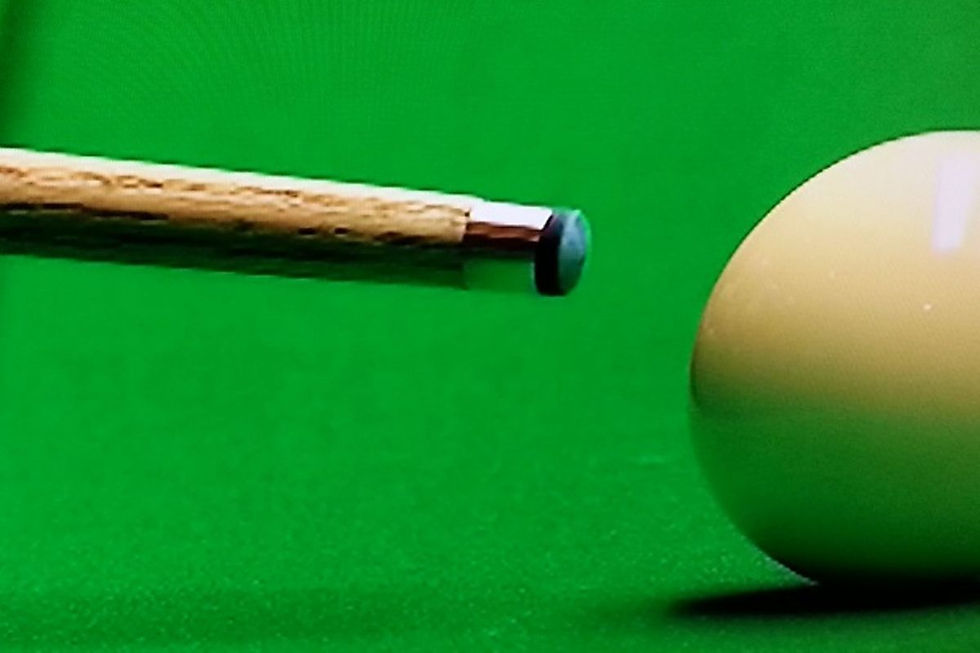Why Isn’t Snooker an Olympic Sport?
- Anton Kastner
- Jul 31, 2024
- 3 min read

Snooker, a popular cue sport with a rich history, boasts a global following and a tradition of competitive play. Yet, despite its popularity, snooker has not made it to the Olympic Games. This absence prompts a question that many fans and players have pondered: Why isn’t snooker an Olympic sport?
1. Historical and Cultural Factors
Snooker, which originated in the late 19th century as a variation of billiards, has deep roots in British culture. The sport’s traditional association with British social clubs and its historical development primarily within the UK has contributed to its limited international presence compared to other sports. The Olympic Games, established with a vision of global inclusivity, often focus on sports that have a more universal appeal and established global reach.
2. The IOC’s Selection Criteria
The International Olympic Committee (IOC) has specific criteria for adding new sports to the Games. These include the sport's history, global participation, and the presence of an international federation that upholds Olympic values. While snooker does have an international federation, the World Professional Billiards and Snooker Association (WPBSA), it faces challenges in meeting some of these criteria. Snooker’s global popularity, though significant, is not as widespread as other Olympic sports, and the sport’s visibility and audience reach may not align with the IOC’s requirements.
3. Competition and Entertainment Value
Olympic sports are selected not only for their global participation but also for their appeal to a broad audience. The IOC tends to favor sports that offer dynamic, visually engaging competition. Snooker, despite its strategic depth and skill, is often perceived as a slower-paced sport compared to the high-energy nature of many Olympic events. The slower tempo and extended match durations might not align with the entertainment value expected by Olympic viewers.
4. The Impact of Other Cue Sports
Snooker is not the only cue sport vying for Olympic inclusion. Pool and billiards also have their proponents and international federations. The competition among these cue sports for a place in the Olympics might dilute the overall effort to include snooker specifically. The IOC might be hesitant to include multiple cue sports, opting instead to focus on those with a broader and more dynamic appeal.
5. Logistical and Organizational Challenges
Incorporating snooker into the Olympic Games would require significant logistical planning, including the construction of specialized venues and the coordination of broadcasting and scheduling. The IOC’s focus is often on sports that fit seamlessly into the existing Olympic framework, and the logistical demands of adding a sport like snooker might be a deterrent.
6. Ongoing Efforts and Future Prospects
Despite these challenges, snooker enthusiasts and governing bodies are not giving up. There have been ongoing efforts to promote the sport on a global scale and to meet the IOC’s criteria more closely. These efforts include increasing international tournaments, expanding grassroots programs, and enhancing the sport’s visibility through media coverage and technological advancements.
The question of why snooker isn’t an Olympic sport involves a mix of historical, cultural, and logistical factors. While snooker enjoys a dedicated global fan base and has a rich tradition, its absence from the Olympics reflects the complexities involved in meeting the IOC’s diverse and evolving criteria. However, the sport’s ongoing efforts to broaden its appeal and international presence suggest that snooker might yet have a chance to join the ranks of Olympic sports in the future. For now, fans and players will continue to celebrate the game’s unique charm and competitive spirit on its own stage. Stay up to date with the latest snooker news here




Comments